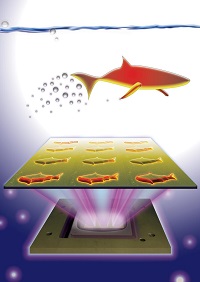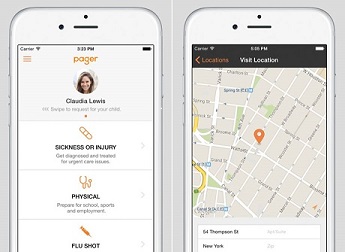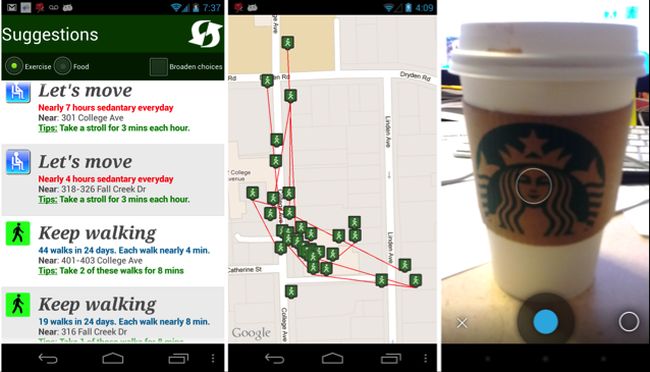 According to a news release posted at EurekaAlert, researchers at the University of California, San Diego have used an innovative 3D printing technology they developed to manufacture multipurpose fish-shaped microrobots. These proof-of-concept synthetic microfish swim around efficiently in liquids and could inspire a new generation of “smart” microrobots with diverse capabilities such as detoxification, sensing and directed drug delivery.
According to a news release posted at EurekaAlert, researchers at the University of California, San Diego have used an innovative 3D printing technology they developed to manufacture multipurpose fish-shaped microrobots. These proof-of-concept synthetic microfish swim around efficiently in liquids and could inspire a new generation of “smart” microrobots with diverse capabilities such as detoxification, sensing and directed drug delivery.
The research, led by Professors Shaochen Chen and Joseph Wang of the NanoEngineering Department at the UC San Diego, was recently published in the journal, Advanced Materials.
 There’s an emerging marketplace for an Uber approach to medicine. Several startup companies, including
There’s an emerging marketplace for an Uber approach to medicine. Several startup companies, including 